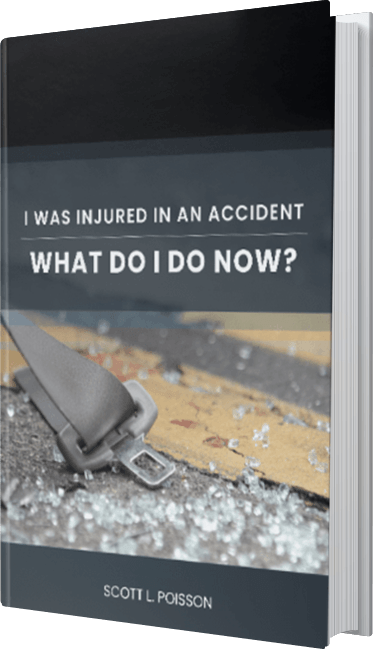A Question of Status – How Your Legal Status Can Affect Your Rights on Other People’s Property
March 01, 2013
We enter onto the property of other people nearly every day, and most of us do not think about it when we do so. That’s because we tend to only enter the property of someone else when we’re invited or when we’re expected to do so, such as when we go shopping or out to dinner. While most of us never consider all of the different layers of legality that involve our daily travels and tasks, the fact of the matter is that they are there and they do matter if you were ever to slip, fall and suffer serious injuries.
You should not simply assume that this will never happen to you – according to the United States Centers for Disease Control and Prevention, or the CDC, more than one million people suffer injuries from accidental falls every year across the country. Many of these people are injured while they are on someone else’s property, and many who are hurt in this way can face the possibility of exorbitant financial and quality of life losses. That’s why status matters – not your socioeconomic status, but your legal status.
INVITEE VS. TRESPASSER
For instance, if you slip, fall, and you suffer serious injuries while you are at the local store buying groceries, you would legally be considered an invitee. An invitee is someone who is legally on the premises of another for the purpose of conducting business. The term may make it seem as though you were invited onto the property, and in essence, you were – just not personally or directly. You were someone the property owners should have foreseen as coming there for the purpose that they opened it to the public in the first place. If you are invited over to the home of an acquaintance for a barbecue and you excuse yourself to use the restroom only to slip, fall and suffer injuries on the staircase that leads to that room, you would legally be considered a licensee. That’s because you were given what the law would recognize as a license to use that property for the purpose stated. You were personally invited and you were invited onto that property for a specific purpose.
On the other hand, if you decide to take a look inside a home down the street where you saw a furniture truck emptying merchandise a few days ago, you would be considered a trespasser unless the owner of that home knows that you’re on his or her property all the time. As a trespasser, you would not have legal rights that would include filing a lawsuit in an attempt to recover damages for the injuries you suffered if you slipped and fell while on that property.
CONTACT HIGH STAKES INJURY LAW TODAY
Slip and fall cases are much more technical than they seem, and there are definitions that need to be clarified before anyone should proceed with a claim. If you have been injured in this manner, have your questions answered by the Las Vegas lawyers at High Stakes Injury Law by contacting us to schedule a free initial consultation.
Get A 100% Free Case Evaluation
From A Top-Rated Personal Injury Attorney
Call: (702) 707-5934 or Contact Us Online
$9M
Settlement / Auto Accident
$5.1M
Settlement / Tire Explosion
$3M
Settlement / Truck Accident
01
02
03
04

I Was Injured In An Accident.
What Do I Do Now?
By Scott L. Poisson

Do I Have A Case?

Dealing With The Insurance Company

When a Lawsuit Is Filed

Overcoming Common Defense Themes

Special Considerations in Specific Types of Cases
